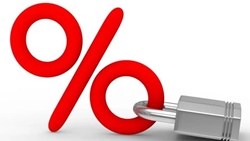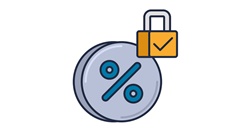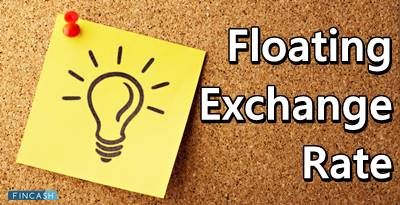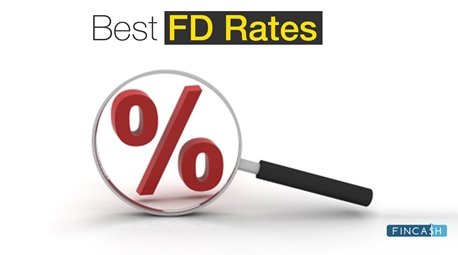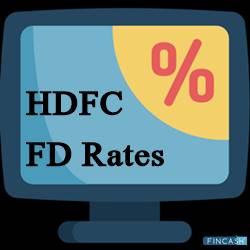
Table of Contents
What is Fixed Exchange Rate?
The exchange rate is defined as the value of one currency in terms of another country’s currency. To put it another way, the native currency is denominated in foreign currency. A fixed exchange rate is one in which one country's currency is tied to another country's currency or a widely traded commodity such as gold or oil. In international trade, the dollar is utilised in the majority of transactions.
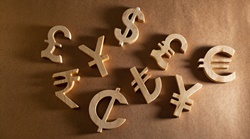
The exchange rate is a crucial component in determining a country's economic situation. It enables the country to engage in international trade. Flexible (Floating) exchange rate systems and Fixed exchange rate systems are the two primary types of exchange rate systems.
Fixed Exchange Rate and Floating Exchange Rate
The value of a currency is free to vary according to the foreign exchange Market in a flexible exchange rate system. The government and the central Bank make no involvement. A Floating Exchange Rate system is another term for it.
On the contrary, a fixed exchange rate system fixes the value of the currency against the value of another currency or gold. A pegged exchange rate system is another name for this arrangement.
India now uses a floating exchange rate system, which is a combination of fixed and variable rates.
Pros and Cons of Fixed Exchange Rate
A fixed exchange rate system tends to keep the value of a currency within a relatively restricted Range. To have a proper understanding of why a fixed exchange rate is useful? Here are the pros and cons listed down.
Pros
Stability Exchange rate changes might diminish the motivation for businesses to invest in export capacity. A stable exchange rate creates more stability for businesses and encourages them to invest.
Avoid Currency Fluctuations When the value of a currency changes considerably, it can pose major issues for trading businesses.
Maintain a Current Account A quick increase in the exchange rate will have a negative impact on Manufacturing businesses that export, as well as a deterioration of the current account.
Low Inflation Governments that allow their currency to depreciate risk inducing inflationary pressures. Currency Depreciation can lead to Inflation because export prices rise, Import prices rise, and businesses have less motivation to decrease expenses.
Talk to our investment specialist
Cons
Difficulty in Maintaining Currency Value If a currency falls below its band, the government will be forced to interfere. Moreover, if the participation is only temporary, it defeats the objective, and instead of steady changes in the exchange rate, there is more uncertainty and speculation.
Higher Interest Rates If the currency falls below the exchange rate floor, the government may be obliged to raise interest rates, even if it is unfavourable for the Economy.
Speculation It is believed that a fixed exchange rate would promote stability, making it pointless for investors to speculate against the currency. Speculators, on the other hand, know that if the currency is fundamentally misvalued, the government can be forced to abandon the exchange rate entirely.
Less Flexibility It's tough to respond to transitory shocks with a fixed exchange rate. Let’s take the example of oil price. If it rises, a country that is a net oil importer will see its current account balance of payments deteriorate.
Fixed Exchange Rate Monetary Policy
The exchange rate is the focus of monetary policy if a government adopts a fixed exchange rate policy. At the same time as pursuing an exchange rate objective, monetary policy cannot seek an inflation or production target. It can't determine interest rates or money supply growth rates on its own, either. When Capital mobility is high, interest rates must be set as needed to sustain the exchange rate with a fixed exchange rate. Indeed, the greater the level of international capital movement, the less room there is for independent monetary policy. The central bank is unable to pursue its own monetary policy.
All efforts have been made to ensure the information provided here is accurate. However, no guarantees are made regarding correctness of data. Please verify with scheme information document before making any investment.
You Might Also Like

